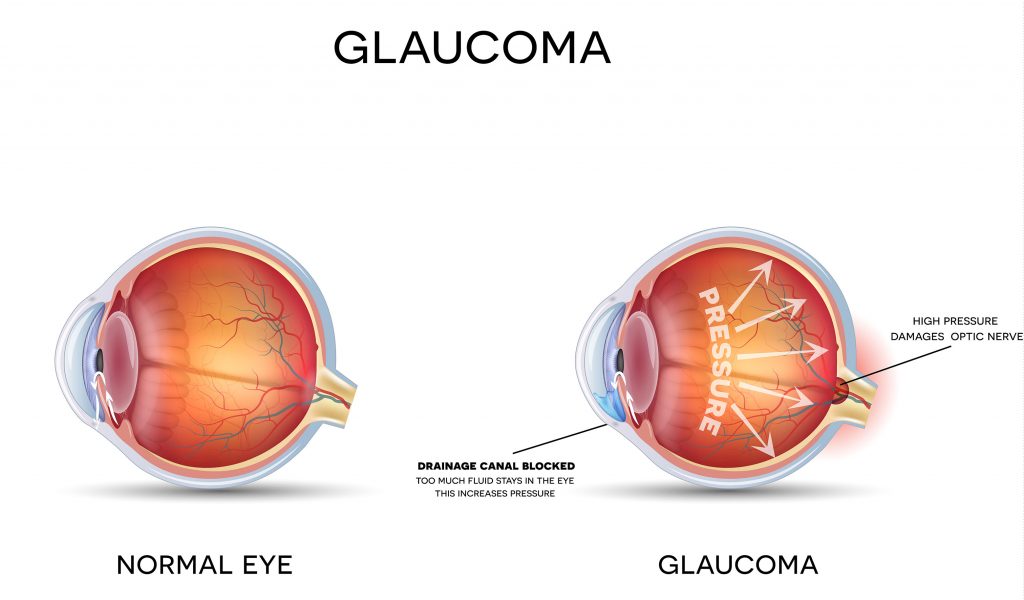
Diabetes and Glaucoma
It might surprise you to learn that the fluid inside our eyes doesn’t just sit there for our entire lives. Our eyes are actually replacing that fluid bit by bit all the time, and it’s an important part of eye health. Glaucoma is what happens when that process gets blocked and pressure builds against the optic nerve until it causes damage (which can be as severe as permanent blindness). A diabetic is more likely to develop glaucoma, and it doesn’t always have obvious symptoms at first. The best way to catch it is with regular eye exams!
Eye Exams Can Save Your Sight
Regular eye exams are particularly important for helping diabetics protect their eyesight, because we can keep an eye out for early symptoms and reduce the risk of blindness by up to 95%. However, the most important thing is managing the diabetes. If the patient can keep their blood sugar as close to normal as possible, then they can reduce their risk levels for these eye diseases down to something closer to what people without diabetes experience. From there, we do the rest!
We make a great team with our patients!
Not all vision problems can be corrected by wearing glasses or contacts.
When vision is so poor that corrective lenses aren’t enough, we call it visual impairment. It’s important for everyone to be aware of the vision problems that fall into this umbrella, because whether they affect us personally or not, we should be informed and ready to help those who do struggle with them.
What Causes Visual Impairment?
From birth defects to genetic disorders to eye diseases, visual impairment has many causes. Other common ones include old age and eye injuries. We can wear protective goggles to minimize our risk of injury and we can make healthy lifestyle choices to keep our eyes as strong as possible when we get older. In some cases, surgical procedures can correct eye problems. However, they can’t always be treated, corrected, or avoided.
Types of Visual Impairment
Visual impairment isn’t the same for everyone who experiences it, and some of that variety is tied to the specific cause. For instance, glaucoma attacks the peripheral vision first, but macular degeneration mainly impacts the central vision. There are also vision problems like light sensitivity (photophobia), double vision (diplopia), visual distortion, and difficulty with visual perception.
